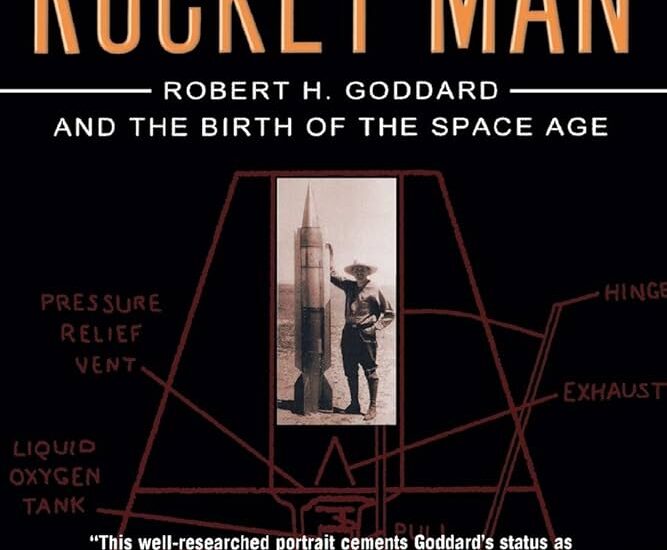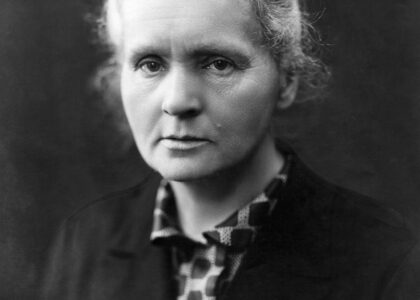Welcome to the Rocketman Dr. Robert H. Goddard site, a tribute to one of the most influential figures in the history of rocketry and space exploration. Situated in the city of Worcester, Massachusetts, this location celebrates the life and achievements of Dr. Robert H. Goddard, often referred to as the ‘father of modern rocketry.’
Dr. Goddard was a pioneering American physicist and engineer whose work laid the foundation for modern rocket science. Born on October 5, 1882, in Worcester, he developed a fascination with the idea of space travel at an early age. His passion was fueled by a love for science fiction and a curiosity about the universe. In 1914, he received two crucial patents: one for a rocket using liquid fuel and another for a two- or three-stage rocket using solid fuel.
On March 16, 1926, in Auburn, Massachusetts, just a few miles from this location, Dr. Goddard launched the world’s first liquid-fueled rocket. This historic event marked the beginning of a new era in space exploration. The rocket, standing at a mere 10 feet tall, flew for only 2.5 seconds, reaching an altitude of 41 feet and landing 184 feet away. Despite its modest performance, this launch proved that liquid-fueled rockets were viable for future exploration.
Throughout his career, Dr. Goddard faced skepticism and limited funding, yet he persevered in his research and development. He published numerous papers and was awarded over 200 patents, many of which form the basis of modern rocket technology. Although his work was not widely recognized during his lifetime, it later became critical to the success of space programs worldwide, including NASA’s Apollo missions.
This site not only honors Dr. Goddard’s technical achievements but also his visionary contributions to humanity’s quest to explore beyond our planet. Visitors can reflect on the challenges he overcame and the legacy he left behind, inspiring generations of scientists and engineers to reach for the stars.



